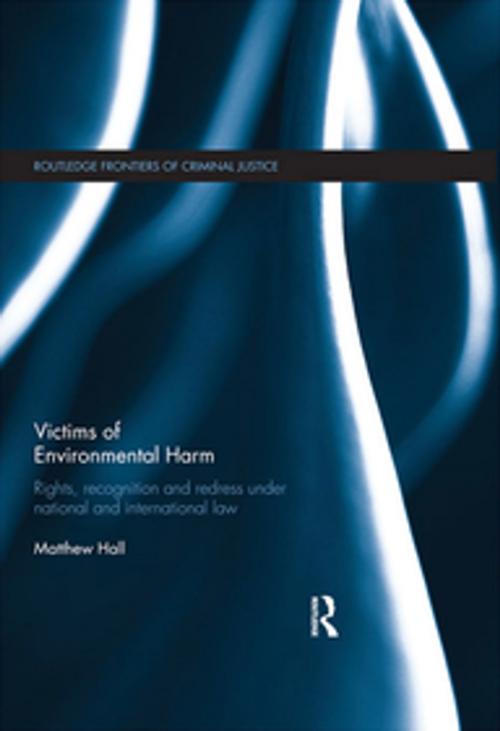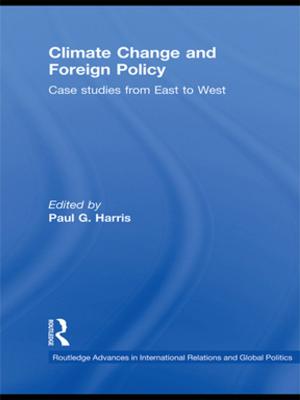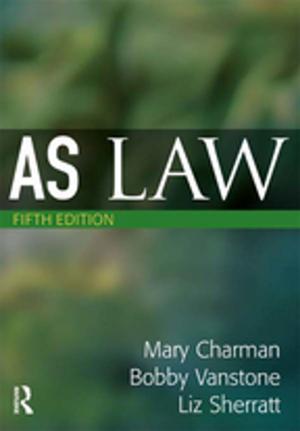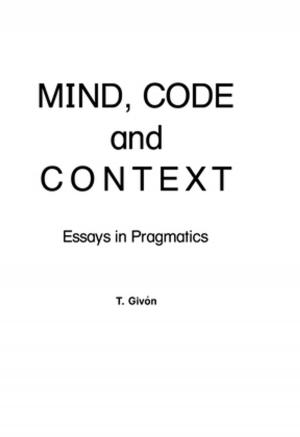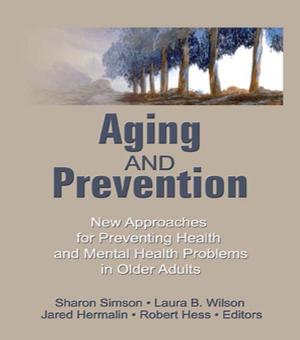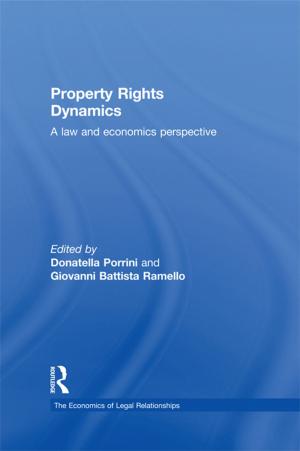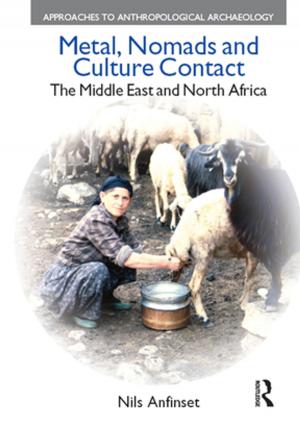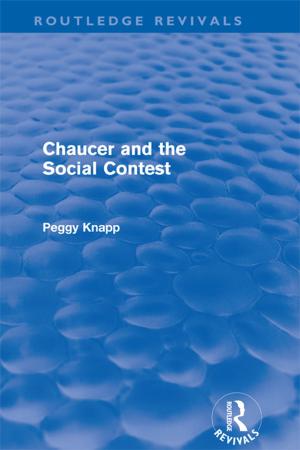Victims of Environmental Harm
Rights, Recognition and Redress Under National and International Law
Nonfiction, Social & Cultural Studies, Social Science, Crimes & Criminals, Criminology| Author: | Matthew Hall | ISBN: | 9781136185052 |
| Publisher: | Taylor and Francis | Publication: | March 5, 2013 |
| Imprint: | Routledge | Language: | English |
| Author: | Matthew Hall |
| ISBN: | 9781136185052 |
| Publisher: | Taylor and Francis |
| Publication: | March 5, 2013 |
| Imprint: | Routledge |
| Language: | English |
In recent years, the increasing focus on climate change and environmental degradation has prompted unprecedented attention being paid towards the criminal liability of individuals, organisations and even states for polluting activities. These developments have given rise to a new area of criminological study, often called ‘green criminology’. Yet in all the theorising that has taken place in this area, there is still a marked absence of specific focus on those actually suffering harm as a result of environmental degradation. This book represents a unique attempt to substantively conceptualise and examine the place of such ‘environmental victims’ in criminal justice systems both nationally and internationally.
Grounded in a comparative approach and drawing on critical criminological arguments, this volume examines many of the areas traditionally considered by victimologists in relation to victims of environmental crime and, more widely, environmental harm. These include victims’ rights, compensation, treatment by criminal justice systems and participation in that process. The book approaches the issue of ‘environmental victimisation’ from a ‘social harms’ perspective (as opposed to a ‘criminal harms’ one) thus problematising the definitions of environmental crime found within most jurisdictions.
Victims of Environmental Harm concludes by mapping out the contours of further research into a developing green victimology and how this agenda might inform criminal justice reform and policy making at national and global levels.This book will be of interest to researchers across a number of disciplines including criminology, international law, victimology, socio-legal studies and physical sciences as well as professionals involved in policy making processes.
In recent years, the increasing focus on climate change and environmental degradation has prompted unprecedented attention being paid towards the criminal liability of individuals, organisations and even states for polluting activities. These developments have given rise to a new area of criminological study, often called ‘green criminology’. Yet in all the theorising that has taken place in this area, there is still a marked absence of specific focus on those actually suffering harm as a result of environmental degradation. This book represents a unique attempt to substantively conceptualise and examine the place of such ‘environmental victims’ in criminal justice systems both nationally and internationally.
Grounded in a comparative approach and drawing on critical criminological arguments, this volume examines many of the areas traditionally considered by victimologists in relation to victims of environmental crime and, more widely, environmental harm. These include victims’ rights, compensation, treatment by criminal justice systems and participation in that process. The book approaches the issue of ‘environmental victimisation’ from a ‘social harms’ perspective (as opposed to a ‘criminal harms’ one) thus problematising the definitions of environmental crime found within most jurisdictions.
Victims of Environmental Harm concludes by mapping out the contours of further research into a developing green victimology and how this agenda might inform criminal justice reform and policy making at national and global levels.This book will be of interest to researchers across a number of disciplines including criminology, international law, victimology, socio-legal studies and physical sciences as well as professionals involved in policy making processes.
